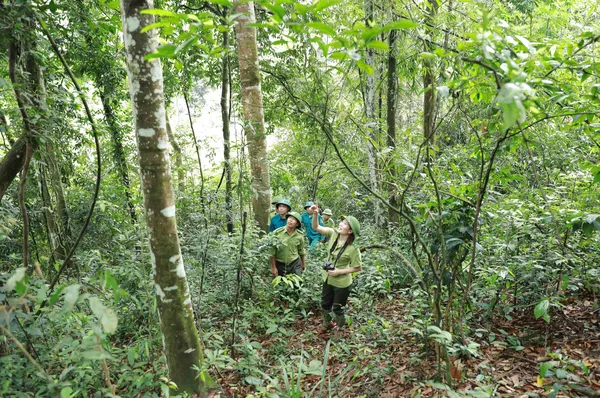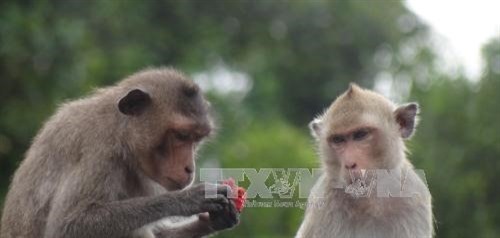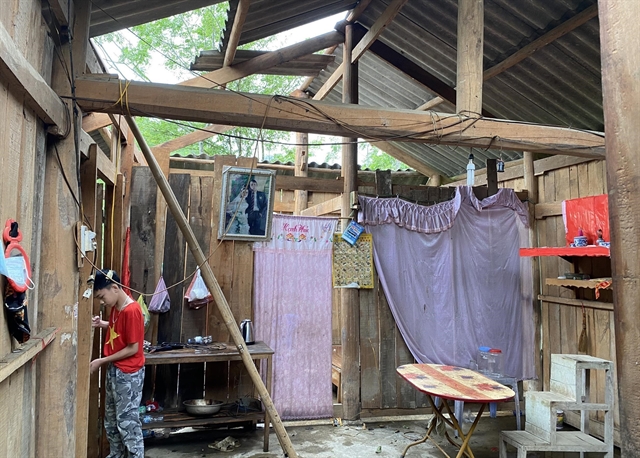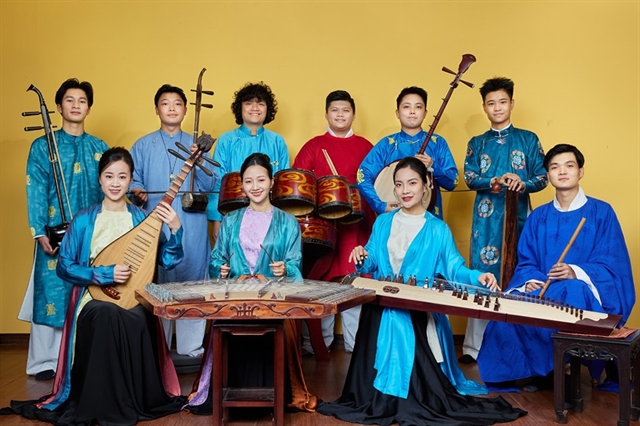 Environment
Environment

The Cửu Long (Mekong) Delta province of Sóc Trăng aims to preserve 350 long-tailed macaques monkeys living in a mangrove forest and develop eco-tourism as part of its tourism development plan by 2020.
 |
| The long-tailed macaque, a rare animal, is listed in the IUCN’s Red List. — VNA/VNS Photo |
SÓC TRĂNG — The Cửu Long (Mekong) Delta province of Sóc Trăng aims to preserve 350 long-tailed macaques monkeys living in a mangrove forest and develop eco-tourism as part of its tourism development plan by 2020.
Cù Lao Dung District has about 350 long-tailed macaques living in the natural mangrove forest of nearly 1,640 ha in An Thạnh Nam Commune.
Lê Minh Đương, deputy chairman of the district’s People’s Committee, said the plan would not only help protect the macaques and the biodiversity of the forest, but also support for developing ecological tourism in the district.
The natural mangrove forest is located on An Thạnh Nam Island, which has a diversified biodiversity with thousands of animals and plants giving a great potential for eco-tourism development, he said.
The district has tasked the commune authority to collaborate with security guards, ranger forests and relevant agencies to manage and monitor the prevention of illegal hunting of macaques.
The district also plans to improve infrastructure and promote some typical local products to attract tourists, according to Đương.
According to Trần Minh Lý, director of the province’s Department of Culture, Sports and Tourism, the macaques often climb to the trees in the forest when water levels rise and go down to the ground to find food when the tide recedes. This behavior is a unique feature for tourism development.
In addition, the province’s People’s Committee has given approval to the district to develop a 300 ha eco-tourism fruit garden.
Lương Minh Quyết, director of the province’s Department of Agriculture and Rural Development (DARD), said the DARD had supported providing nutrition foods for the macaques to ensure their health and growth, and help them become friendly with people.
The department was wrapping up a plan to build an area for the macaques to develop them into a unique tourism product for the province, he said. — VNS









